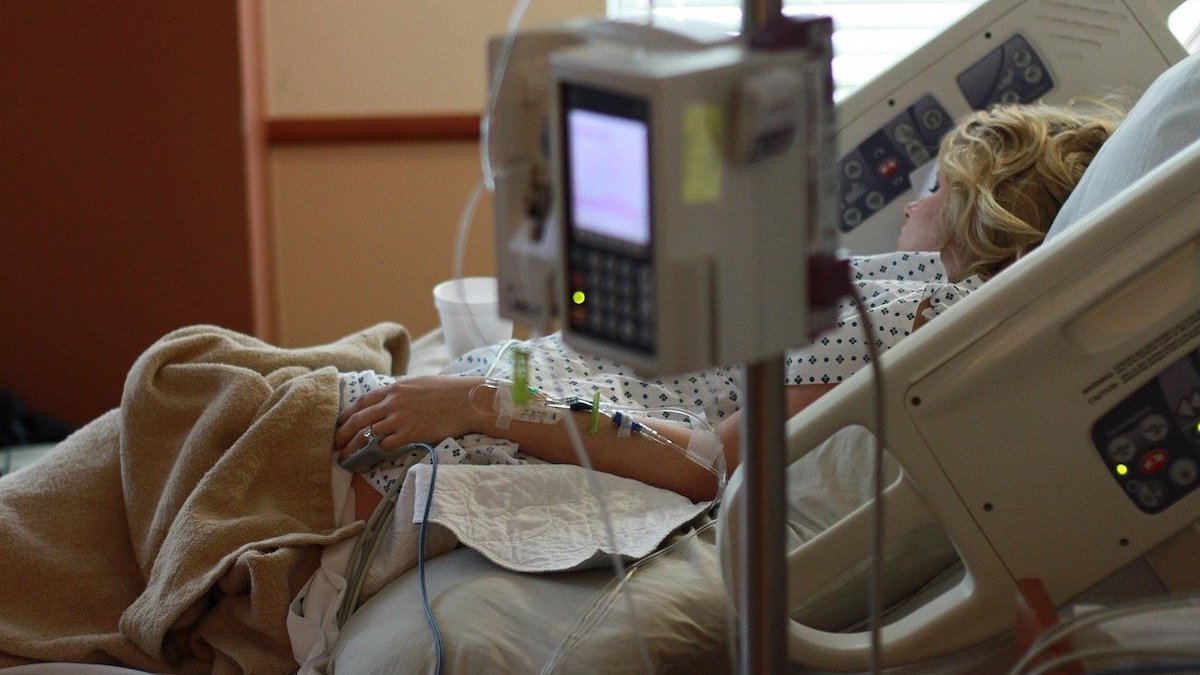
The National Organization for Rare Disorders (NORD) has endorsed proposed changes in Medicare reimbursement for a type of immunotherapy treatment, chimeric Antigen Receptor T-Cell (CAR-T) therapy.
The Centers for Medicare and Medicaid Services (CMS) has proposed creating a new Medicare Severity Diagnosis-Related Group for CAR-T therapy.
“This change would provide a predictable payment rate for hospitals administering CAR-T and is an approach that we hope will be replicated in future policy making,” Rachel Sher, NORD’s vice president of policy and regulatory affairs, wrote in a July 10 letter to CMS.
With CAR-T therapy, a patient’s T-cells are removed from their blood, modified and reintroduced into the bloodstream to fight cancer and other diseases.
“NORD is particularly eager to ensure that groundbreaking new therapies are accessible to the Medicare population upon approval,” Sher wrote. “Inadequate reimbursement can significantly limit the ability of rare disease patients to access these innovative treatments, as providers are unlikely to offer care and treatments for which they will not be sufficiently compensated.”
For patients with rare diseases, it can take an average of five to seven years just to receive a diagnosis, Sher wrote.
“Further, once a patient secures a diagnosis, it is unlikely that there will be a corresponding treatment that has been approved by the Food and Drug Administration (FDA), given that approximately 95% of the 7,000 known rare diseases are still without a therapy indicated to treat the disease,” she said.
Rapid scientific advancements, however, are opening up new treatment possibilities, Sher said.
“Many rare disease patients who were once without any possibility of receiving targeted treatments for their condition may soon have new therapeutic options,” she wrote.
The group also endorsed proposed Medicare changes that would make it easier to fund antimicrobial products to treat drug-resistant infections.
“Many rare disease patients are immune-compromised, putting them at increased risk of contagion and serious illness,” Sher wrote. “As advocates for the rare disease community, NORD has a keen interest in insuring that appropriate incentives exist to promote the development of new antimicrobial products.”